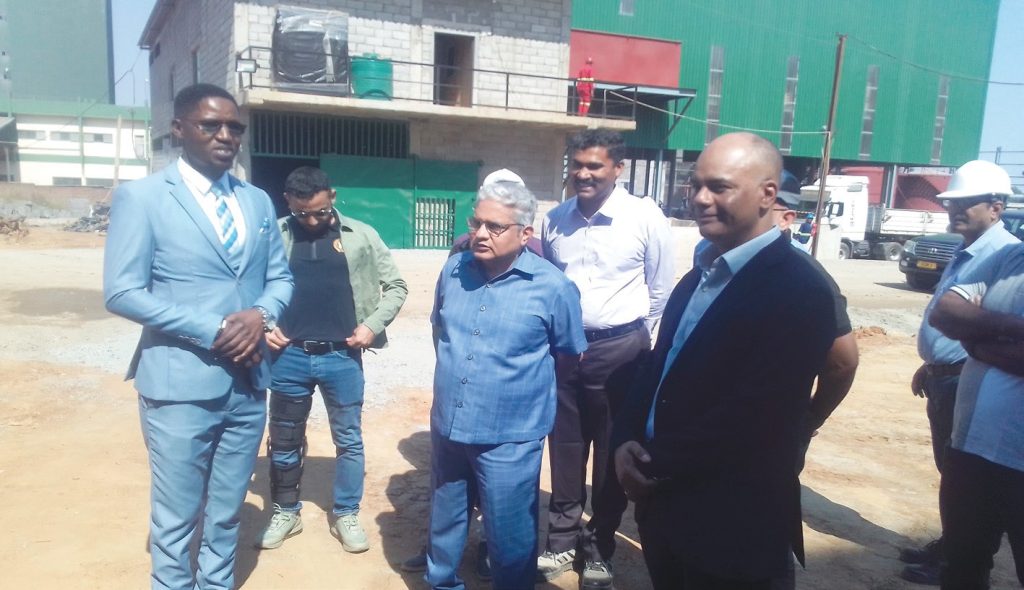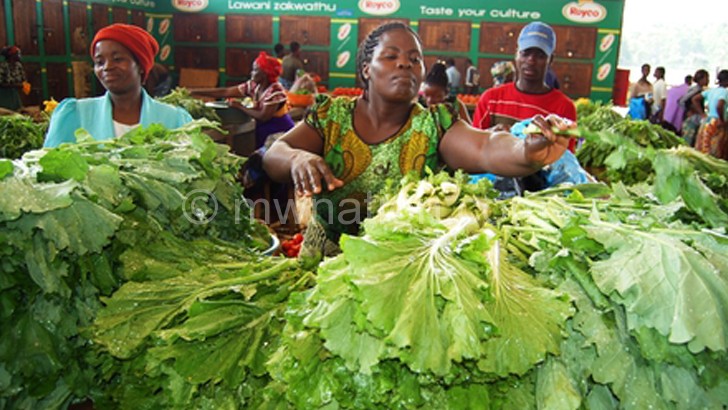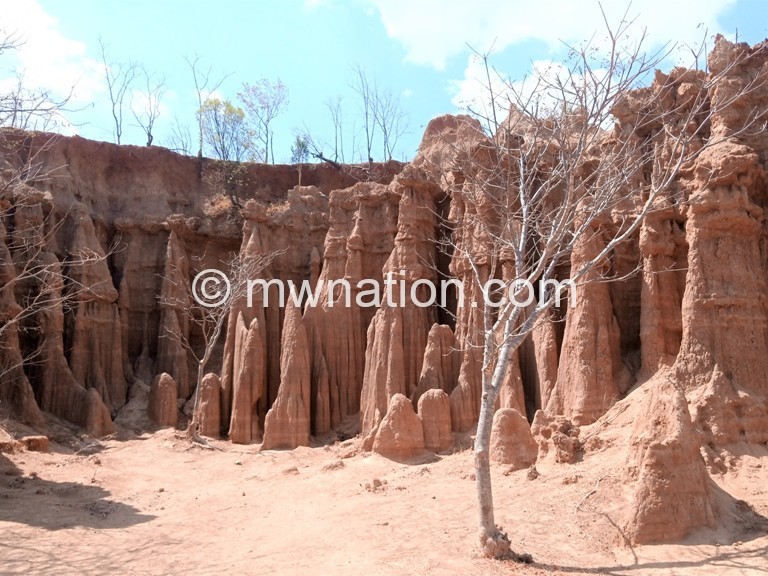Bakhresa cooking oil factory opens October
Bakhresa Malawi Limited’s $100 million (about K175.1billion) cooking oil refinery plant, which faced foreign exchange challenges, is projected to be completed in October this year.
Speaking after touring the project site in Limbe, Blantyre, on Tuesday, Tanzania-based Bakhresa Group executive director Abubakar Bakhresa said they have strong belief that production of cooking oil will start in four months from now.

He said: “This investment is strategic for Malawi as it is having potential to support Malawi’s economy in several ways, ranging from employment creation, ready market for soya beans produced by our smallholder farmers, import substitution for cooking oil and generation of forex by exporting value-added products such as soya cake and lecithin.”
Bakhresa said the project is currently at an advanced stage though it has suffered several delays, resulting in project cost over-runs.
“We are optimistic that the concerns will be addressed over time to support the industry,” he said.
Bakhresa said the company is committed to continue diversifying its operations in Malawi with more investments in line with the country’s National Export Strategy, industrialisation, mechanised agriculture, inclusive economic development and wealth creation in line with Malawi 2063.
In a separate interview, Bakhresa Malawi Limited human resources and compliance manager Richard Tchereko said the plant will be crushing 500 tonnes of soya beans per day and the raw materials will be sourced locally.
He said: “The company has grown from a flour milling business to diversify into other products like Azam laundry soap, Azam TV and now into cooking oil refinery which will increase the company’s contribution to the local economy.
“Local farmers will also have readily available soya market as the plant will require about 150 000 tonnes of soya every harvesting season, which will also support the whole value chain.”
Agriculture extension expert Leonard Chimwaza said in an interview that for a country to produce enough soya for domestic processing needs as well as export markets, there is need for concerted efforts from government and others to ensure availability of proper seeds for farmers.
“As we have noticed recently, hybrid seed varieties for most crops other than maize are becoming a problem with farmers growing less productive varieties that limit their harvests,” he said.
Headquartered in Dar es Salaam in Tanzania, Bakhresa Group has over 30 subsidiaries in nine countries, including Bakhresa Malawi Limited, which it bought in mid 2000s after government privatised Grain and Milling Company.






Hot girls are waiting for you on —– https://u.to/sYM6IA